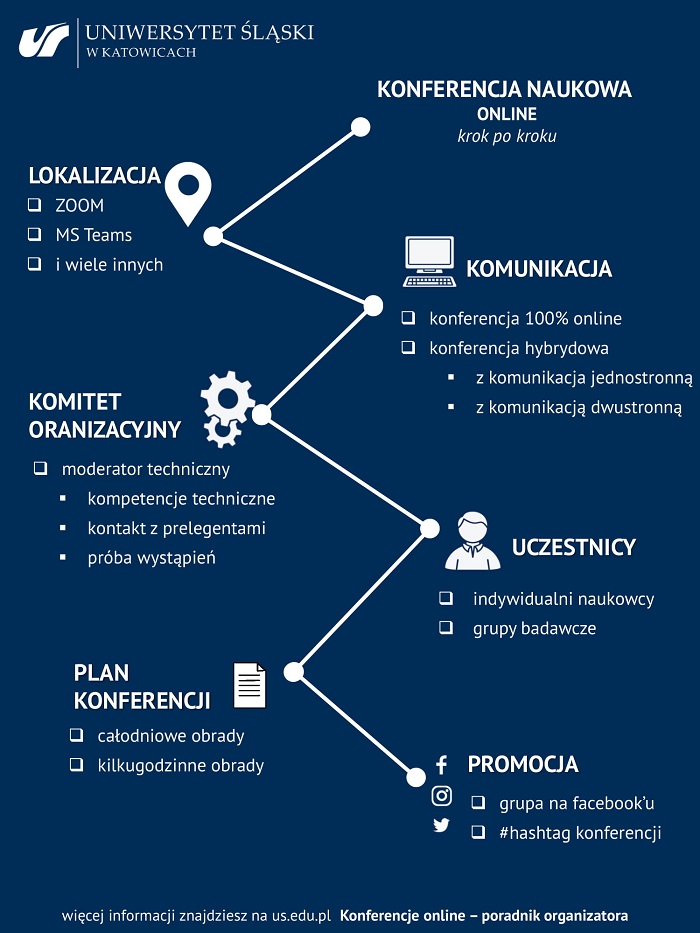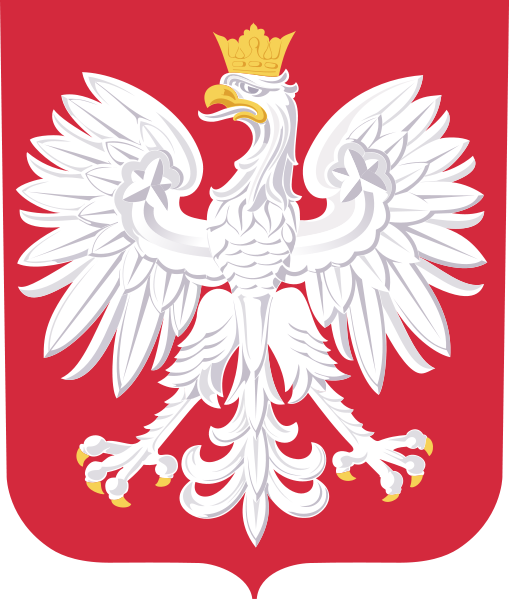Online conference implementation
The SARS-CoV-2 pandemic has put us in a situation when virtual meetings are the main axis of communication, acquiring knowledge and sharing experiences. Fortunately, we have tools that not only enable this process, but can also improve it. The outbreak of the pandemic was sudden and abrupt, as was the necessity to change our style of work and to transfer a vast majority of interpersonal interactions into the web. However, online communication tools have been developing successively for many decades. Certainly, they will not replace direct meetings or interpersonal relationships, but they are helpful regarding scientific and business cooperation — they help to develop cooperation and maintain relationships, as well as facilitate access to knowledge and science.
For many years, scientific conferences have been carried out in an unchanged manner— scientists working on a given topic meet in a specific place and take part in public speeches. The situation we are currently facing may be a good time to change this approach.
Let’s ask ourselves whether it is easier to discuss a research problem via long mail conversation or during a meeting. The answer is obvious. Such a meeting — not only during pandemic — is time-consuming, often costly, and requires great commitment. It is a lot easier to sit at one’s own desk and connect with a scientist from the other end of Poland or Europe. Despite the availability of tools for online meetings, it is not a popular practice. This unique situation of pandemic creates an opportunity to get used to distance learning, and participation in online conferences increases the chance of establishing new research collaboration both within country and abroad.
We would like to present a short Guide to online conferences. Tips for the organisers have been extended with a chapter on preparing a conference speech. We encourage everyone who plans to take part in an online conference to read it.
Questions related to the organisation of the conference should be addressed to Patrycja Kierlik, MA (e-mail: patrycja.kierlik@us.edu.pl).

Download files:


















